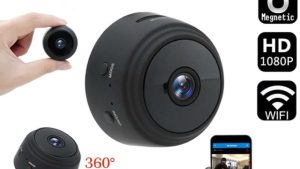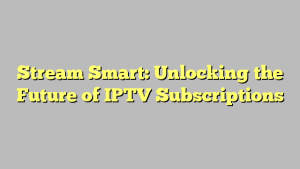Contentful is API-first, fully extensible and scales up for the most demanding digital studies. This consists of multi-channel patron reports, localized websites for multi-location manufacturers, dynamic web sites, responsive cellular apps, smart speakers, in-keep virtual displays, agile trade or even consumer and associate portals. It additionally includes future channels which haven’t begun to be invented.
Contentful’s GraphQL API and RESTful APIs allow developers to programmatically control and orchestrate content material inside the platform itself. This consists of smooth introduction of latest undertaking spaces, assigning person roles, handling webhooks, content import/export and content material modeling, which is scriptable from any source.
The Contentful Marketplace helps you to browse thru apps, maximum of which can be unfastened and open-source, that extend and enlarge the abilities of the Contentful net app for almost any use case you may need. You can combine your preferred 1/3-celebration services, build better workflows and customize what you could do with Contentful.
What is a Headless CMS?
A headless CMS is a content control gadget that separates where content material is stored (the “frame”) from where it’s far presented (the “head“). You can keep the content in your headless CMS after which send it to display everywhere – providing plenty extra flexibility as to how it is supplied in unique places.
The “head” relates to where your content finally ends up, and the “frame” is where your content is saved and authored. This would possibly sound a bit abnormal at the start, but the factor of a headless CMS is not which you do not want or need a head, it is that you get to pick and pick out which heads (outputs) you ship your content material to.
Headless CMS vs Traditional CMS
what’s headless cms As opposed to headless, a “conventional CMS” is software program which you both install and should manipulate on your very own, or on a controlled server environment. Traditional CMSes also are called “monolithic” due to the fact they % all the capability and assumptions for a way you want to work into a unmarried system. Traditional CMSes often provide a “What You See Is What You Get” (WYSIWYG) content editing interface due to the fact they handiest have one context for imparting the content – usually a web web page.




